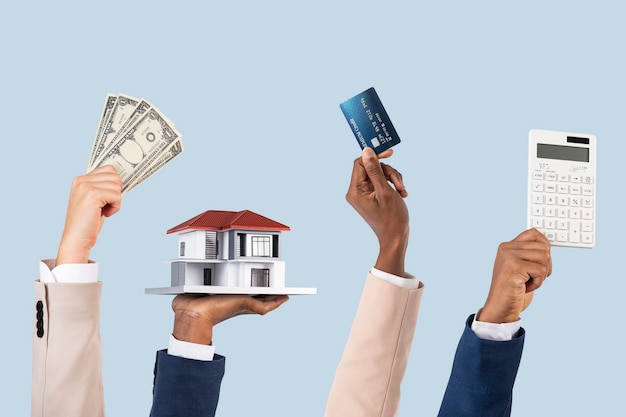
Moving out and starting to live on your own is a big milestone. For many young adults and recent graduates, apartments are the go-to choice because they’re usually more affordable than houses, can be shared with friends, and often come with perks like gyms, pools, or trash removal included in the rent.
Renting your first apartment is exciting, but it’s crucial to understand what it entails. Here’s what you need to think about before signing the lease.
**SET UP YOUR BUDGET**
Before you start looking for your dream apartment, know how much you can afford. Are you checking out sublets or looking for a roommate? If you need to share the space, make sure to confirm arrangements with your roommate beforehand, particularly if you can’t pay the entire rent alone. Aim to keep your rent within 30% of your income.
Keep in mind, your main expense isn’t just the rent. You’ll need to budget for utilities like electricity, internet, cable, trash, gas, and water, unless they’re included in the rent. Apps like Personal Capital can help you manage these monthly expenses.
**SECURING A LEASE WITHOUT CREDIT OR RENTAL HISTORY**
You’ll typically need a solid credit score or rental history to rent an apartment. But if this is your first time renting, you might not have that established yet. Be ready to show proof of income and offer a professional reference.
You can check your credit for free on sites like Credit Sesame! It’s also wise to have bank statements ready showing you can cover rent for at least three months. You may need a co-signer, so if your parents can help, don’t hesitate to ask.
**BEFORE COMMITTING TO THE LEASE**
If you’ve qualified for the lease, congratulations! A lease is a legal agreement that protects both you and the landlord. Don’t hold back on asking any questions you have before making a decision. If you’re unsure about any lease details, get advice from your parents or a lawyer. It’s important to be well-informed about the contract.
Be aware of any upfront costs involved. The landlord might charge fees for credit checks, and you’ll likely need to pay a security deposit, pet fees, or a utilities deposit.
**YOUR ROOMMATE**
Having a roommate can save money, but it’s important to be cautious, even with close friends. Make sure your roommates sign a co-tenancy agreement that outlines everyone’s responsibilities and liabilities. This can help you avoid legal problems down the line.
**BEFORE YOU MOVE IN**
Once you have the keys, don’t rush to move in your furniture. First, take detailed photos of the empty apartment, especially any existing damages. If the carpets are dirty, it might be worth hiring a cleaning service.
If you notice any issues, let your landlord know before you move in. Always handle repair requests or complaints in writing and keep copies of these communications. This documentation can be valuable if any legal issues arise later.
Welcome to apartment living. Your first apartment, with all its challenges and quirks, will be a memorable experience.